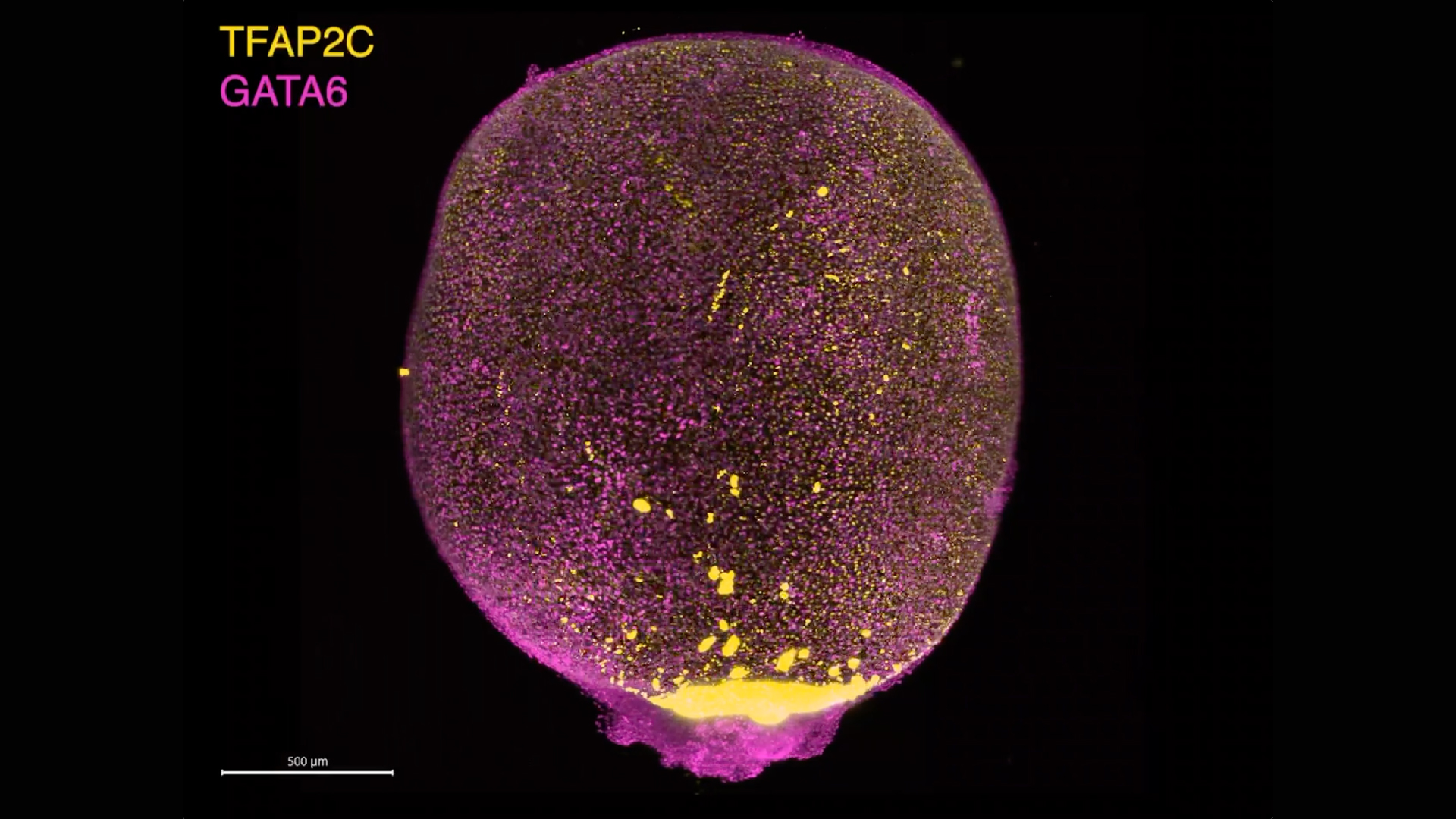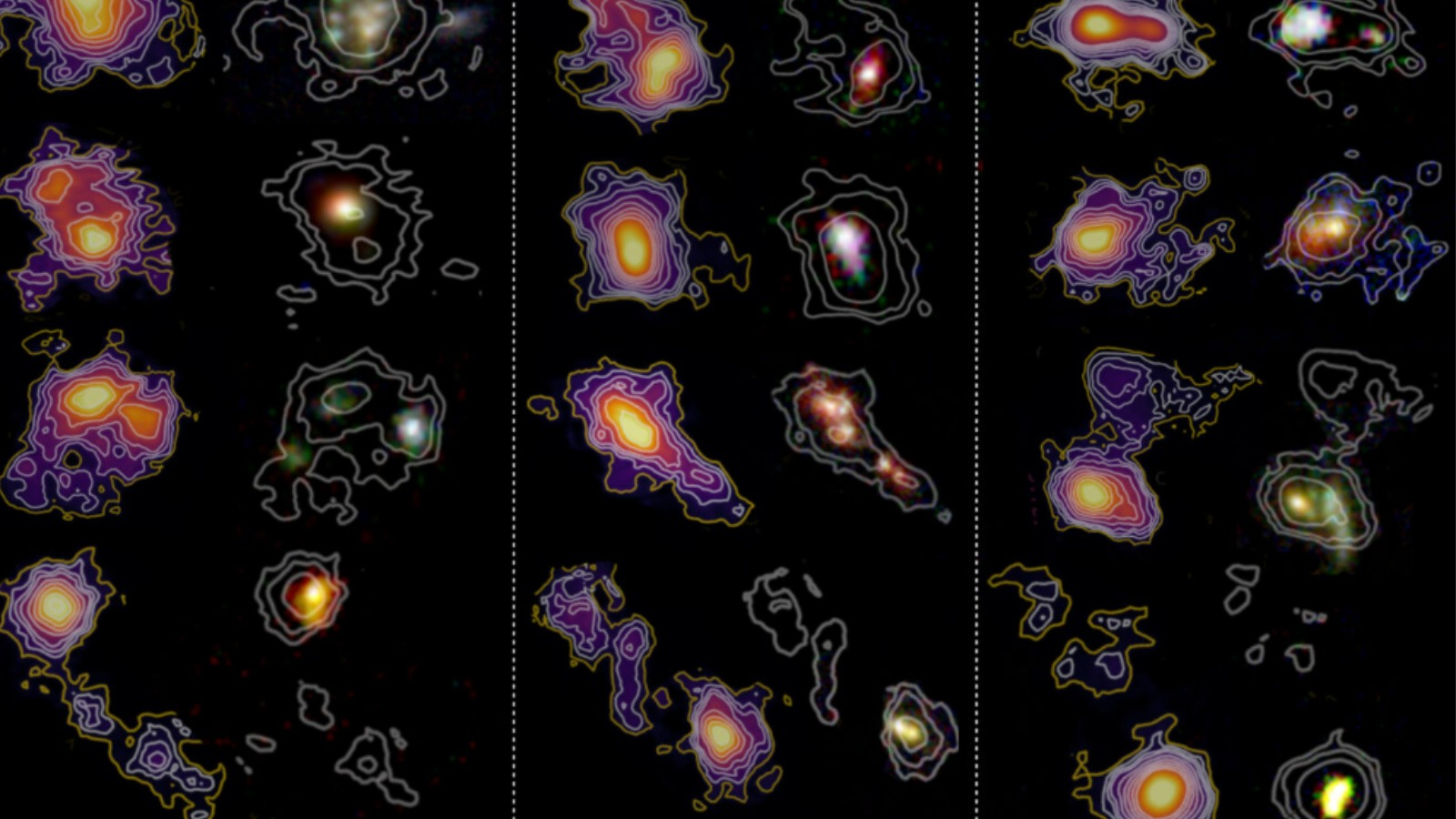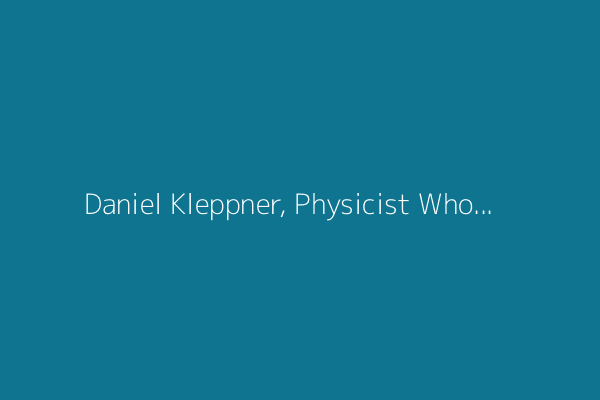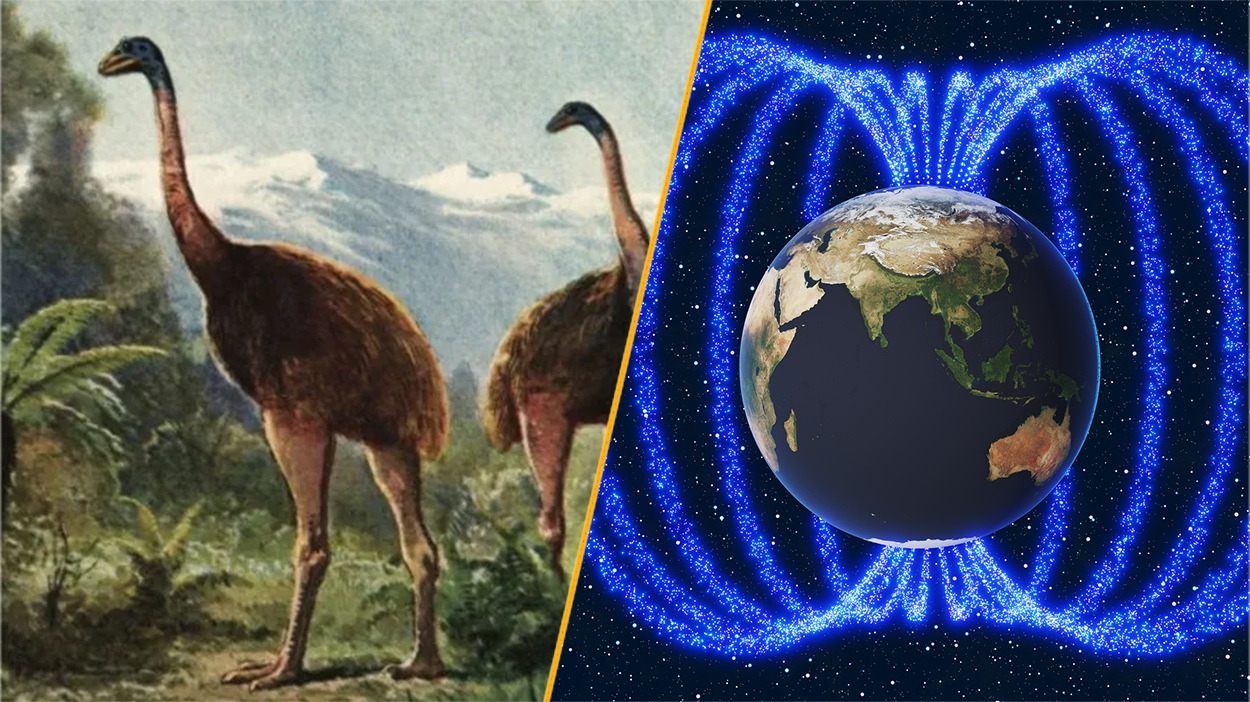See what’s trending right now
Sciencein Science
8 hours agoEarth's rotation speeds up, shortening days temporarily, while scientists achieve breakthroughs with lab-grown mini amniotic sacs and uncover ancient galaxy secrets using a cosmic 'time machine'.
Science
Earth is spinning faster & days are getting shorter, but only for now
NeutralScience
Turns out, Earth’s been in a bit of a hurry lately—our planet is spinning faster than usual, shaving milliseconds off the length of a day. Scientists chalk it up to shifts in Earth’s molten core and atmospheric conditions, though don’t worry, this isn’t a permanent speed boost. Over the long haul, days are actually getting longer (thanks, moon!).
Editor’s Note: It’s a quirky reminder that Earth isn’t some perfectly predictable clock—tiny wobbles in rotation happen, and scientists are still piecing together why. For most of us, it’s a fun fact (no, you won’t notice your lunch break vanishing). But for tech like GPS and satellites, even these micro-changes matter, so tracking them helps keep our systems running smoothly.
Scientists grow mini amniotic sacs in the lab using stem cells
PositiveScience
Scientists have successfully grown tiny, lab-made versions of the amniotic sac—the protective membrane surrounding a developing fetus—using stem cells. This breakthrough could help researchers better understand early pregnancy and potentially lead to new medical treatments or products.
'Time machine' reveals hidden structures in the universe's first galaxies
PositiveScience
Astronomers have pulled off something like cosmic archaeology, using the ALMA telescope to peek inside the universe’s earliest galaxies. It’s like a "time machine" revealing how these ancient structures were built—clues to how everything we see today came to be.
Daniel Kleppner, Physicist Who Brought Precision to GPS, Dies at 92
NeutralScience
Daniel Kleppner, a groundbreaking physicist whose work on ultra-precise atomic clocks made modern GPS technology possible, has passed away at 92. His innovations didn’t just help your phone navigate—they also proved a bizarre quantum phenomenon Einstein once theorized.
We may have finally solved an ultra-high-energy cosmic ray puzzle
PositiveScience
Scientists using the IceCube neutrino detector in Antarctica might have cracked a long-standing mystery about ultra-high-energy cosmic rays—those baffling, supercharged particles from deep space. While they’ve narrowed down what kinds of particles these cosmic rays are made of, there’s still a lot we don’t know about where they come from or how they get so energetic.
How is DNA used to identify victims of mass disasters?
NeutralScience
When tragedies like plane crashes or natural disasters strike, identifying victims quickly and accurately is crucial—not just for official records, but to bring closure to grieving families. DNA analysis has become the most reliable tool for this grim task. The article breaks down how scientists extract DNA from remains, match it to relatives or personal items (like toothbrushes), and handle challenges like degraded samples. It’s a blend of cutting-edge tech and painstaking detective work.
Cradling the Brain: How Optimizing Sensory Inputs brings New Hope for Premature Babies
PositiveScience
Premature babies face tough odds, especially when it comes to brain development, but new research suggests that tweaking their sensory environment in NICUs (those high-tech hospital units for fragile newborns) could make a big difference. By carefully managing things like light, sound, and touch, doctors might help these tiny patients’ brains grow stronger—turning a stressful start into a brighter future.
Science news this week: 'Bringing back' giant ancient birds and a shift in Earth's poles
NeutralScience
This week’s science news is a wild mix of the awe-inspiring and the mind-bending. Researchers are exploring ways to "bring back" giant ancient birds—think ostrich-sized creatures from the past—while another study suggests Earth’s poles might be shifting faster than we thought. It’s the kind of stuff that makes you pause and wonder: are we living in a sci-fi novel?
Why World Pulse Now?
Global Coverage
All major sources, one page
Emotional Lens
Feel the mood behind headlines
Trending Topics
Know what’s trending, globally
Read Less, Know More
Get summaries. Save time
Stay informed, save time
Learn moreLive Stats
Articles Processed
6,988
Trending Topics
125
Sources Monitored
204
Last Updated
3 hours ago
Live data processing
How it works1-Minute Daily Briefing
Stay sharp in 60 seconds. Get concise summaries of today’s biggest stories — markets, tech, sports, and more
Why World Pulse Now?
Global Coverage
All major sources, one page
Emotional Lens
Feel the mood behind headlines
Trending Topics
Know what’s trending, globally
Read Less, Know More
Get summaries. Save time
Stay informed, save time
Learn moreLive Stats
Articles Processed
6,988
Trending Topics
125
Sources Monitored
204
Last Updated
3 hours ago
Live data processing
How it works1-Minute Daily Briefing
Stay sharp in 60 seconds. Get concise summaries of today’s biggest stories — markets, tech, sports, and more







